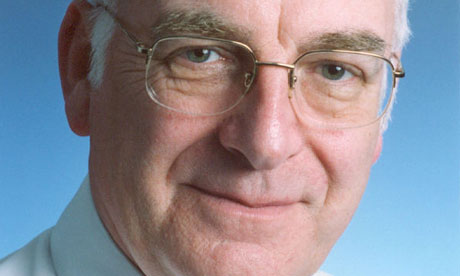“Evolution Readiness” and Other Tools for Teaching Evolution in Our Schools
Education Week has this article expounding on the fruitfulness of campaigns designed to educate our youth in the theory of evolution.
When a federal court in 2005 rejected an attempt by the Dover, Pa., school board to introduce intelligent design as an alternative to evolution to explain the development of life on Earth, it sparked a renaissance in involvement among scientists in K-12 science instruction.
Now, some of those teaching programs, studies, and research centers are starting to bear fruit.
The National Science Foundation, the National Academy of Sciences, and other groups have increased research investment on identifying essential concepts for teaching evolution, including creating the Evolution Education Research Centre, a partnership of Harvard, McGill, and Chapman universities, and launching the first peer-reviewed journal dedicated to the subject, Journal of Evolution: Education and Outreach.

